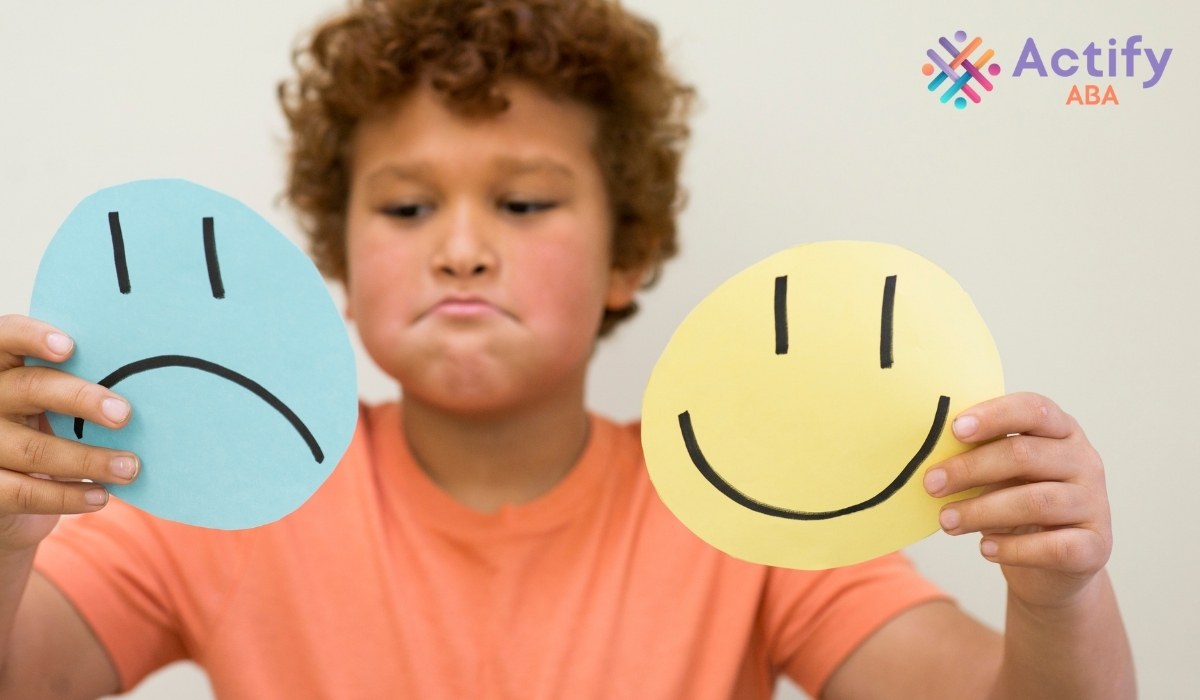Ready to help your child Actify?

Autism Bullying Signs: School Bullying Prevention and Advocating for Your Child’s Social Safety
Key Points: Why Autistic Children May Be Bullied More Often Research shows that bullying is a painful, traumatic reality for many autistic children. Differences in communication, social interaction, sensory needs,

Supporting Autistic Preteens: ABA Strategies for Autism Puberty Changes
Key Points: Why Puberty Can Be More Challenging for Kids with Autism Puberty introduces rapid physical growth, hormonal fluctuations, and new social rules all at once. For autistic children, these

Autism School Avoidance: Strategies for School Refusal, Separation Anxiety, and Behavior Challenges
Key Points: Why Kids With Autism Refuse School Research from the National Library of Medicine shows that school absenteeism is a significant issue for autistic children and their families, often

Sensory-Friendly Back-to-School Strategies for Anxious Children With Autism
Key Points: Why Going Back to School Can Feel Overwhelming for Kids With Autism For many children with autism, going back to school after a break can feel overwhelming and

Functional Behavior Assessment Autism: BIPs, Behavior Intervention Plan Examples, and School Support
Key Points: Children with autism may show behaviors that affect learning or daily routines. A functional behavior assessment uses evidence-based ABA methods to understand why these behaviors occur, viewing behavior

504 Plan vs. IEP for Autism: Understanding School Accommodations and Special Education Rights
Key Takeaways 1. 504 Plan Autism = Access: A 504 plan autism provides equal access to education through school accommodations autism like extended time, sensory supports, and visual schedules. It

The Autism–Epilepsy Link: Understanding Shared Brain Pathways and Seizures
Key Takeaways What is Epilepsy? Epilepsy is a chronic neurological condition marked by recurrent, unprovoked seizures, sudden episodes of abnormal electrical activity in the brain that can cause temporary changes

Autism Picky Eating, ARFID, Sensory Food Aversion: Coping With Food Therapy
Key Takeaways What Is Autism Picky Eating? Autism picky eating, ARFID in children, and sensory food aversion exist on a spectrum. Feeding challenges are common in children with autism, often

Understanding Sleep Challenges in Autistic Children: Insomnia, Regression, and Behavioral Solutions
Key Takeaways Why Children with Autism Struggle With Sleep Sleep difficulties affect up to 80% of children with autism, according to the National Health Institute. Autism insomnia, sleep regression autism,
